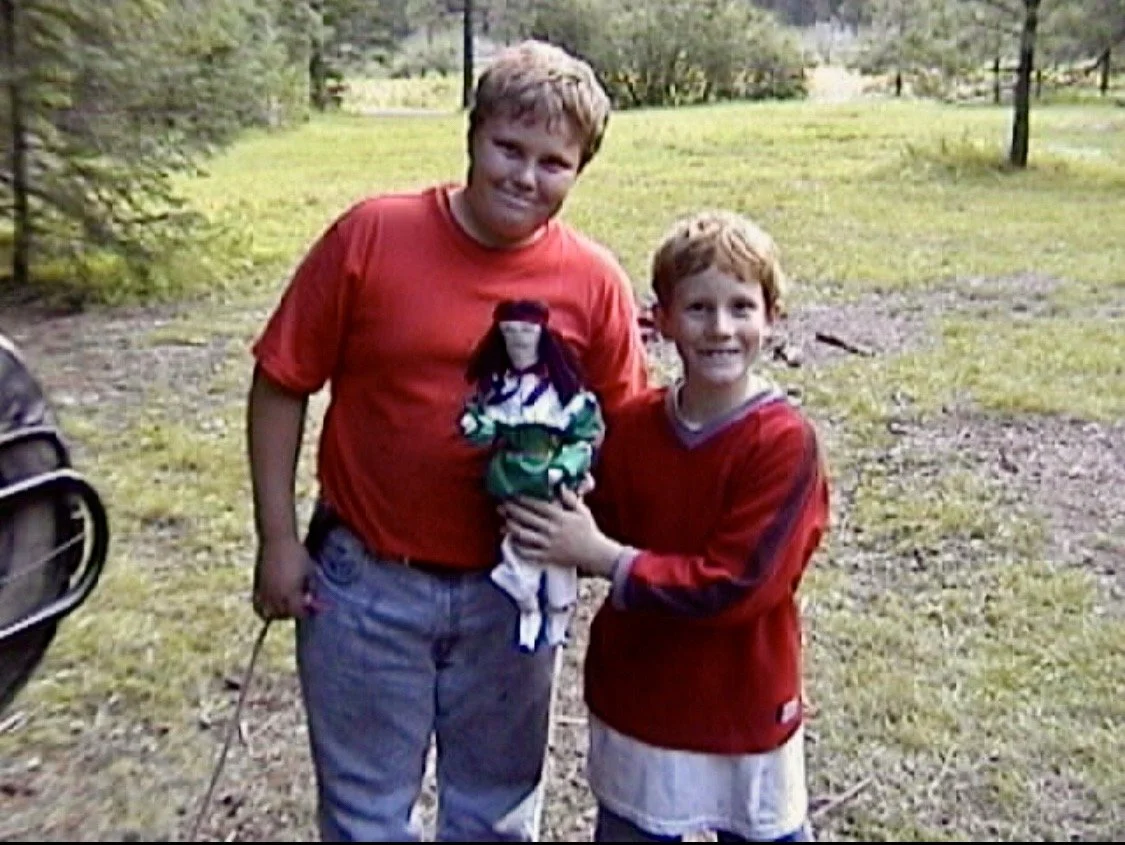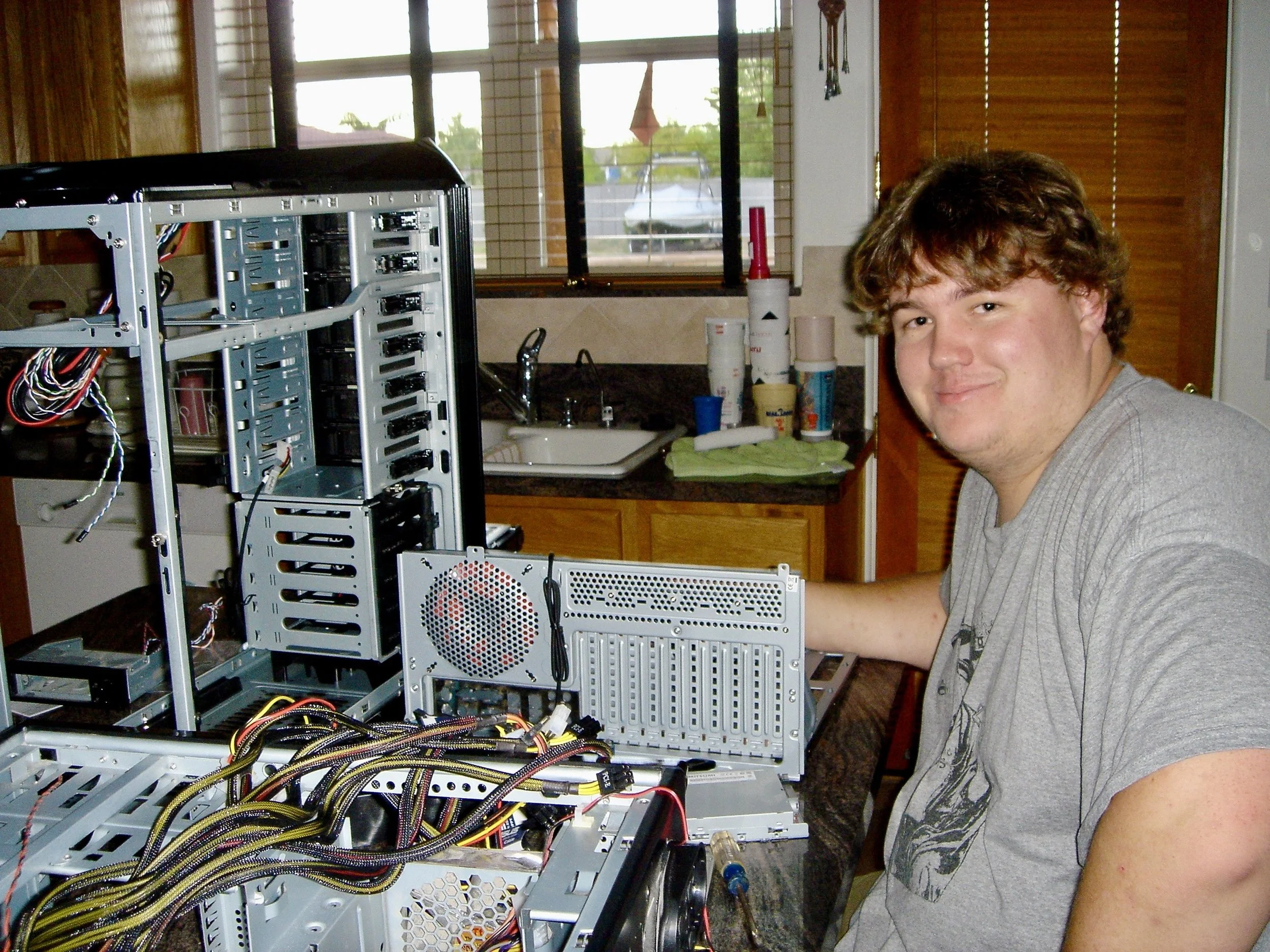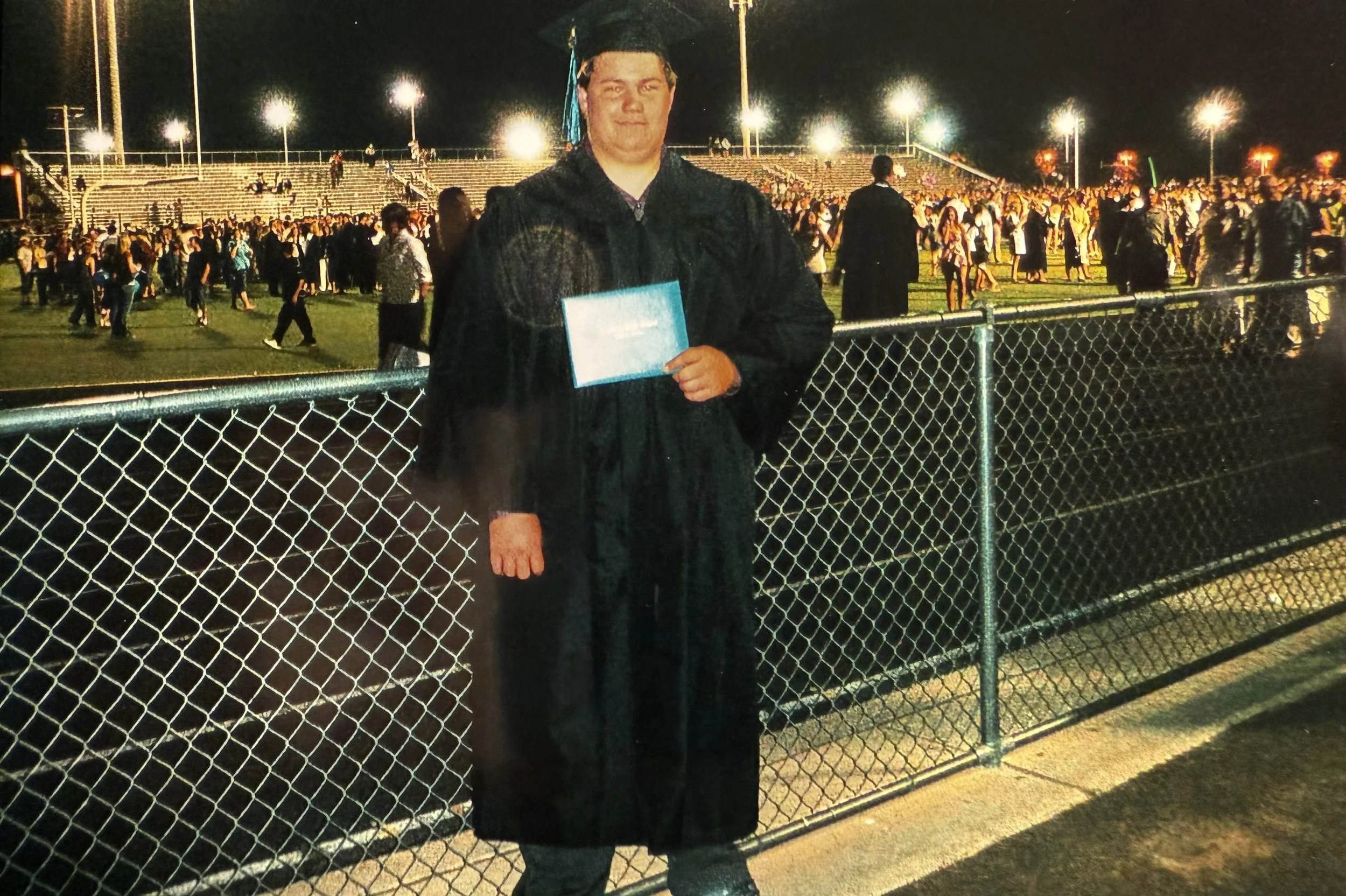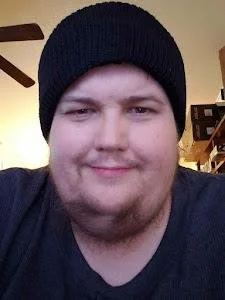John’s Story
Death is never perfect. There is always something left unsaid, some love or concern never fully expressed. Worries about health and happiness, constantly working for the best balance of support, but also knowing when to let your loved ones learn how to live their lives on their own, all are part of the challenge of any familial relationship, especially when the loved one is your child. Raising a child to be a well-adjusted, happy, and successful adult is one of the greatest joys in life. And then, quite unexpectedly, that child is gone forever and all that remains through the grief is the desire to have done more. Our purpose is to help families do more while there’s still time to save a life.
Our son and brother John Benjamin Foreman was 35 years old when he died of complications from morbid obesity that included lymphedema and cirrhosis of the liver. When he passed, John was employed as a network engineer, working with computer software for a large telecom company. John was a kind, gentle, friendly, and helpful person who liked to laugh and loved animals, especially cats. He was also an auto-didactic who taught himself how to build computers from scratch while still in his early teens. He loved camping, riding his bike, building models, going to the shooting range with his dad and younger brother, snowmobiling, playing games and spending time at home with his family.
Despite his natural intellect, John struggled in school both academically and socially. As a child, he was extremely hyperactive to the degree that it caused his teachers and fellow students to react negatively to him. After a bad experience in second grade, his parents had John tested by a child psychologist who determined that he had attention deficit hyperactivity disorder (ADHD).
Because he was so young, John’s parents were wary of treating him with medication. Instead, they sought and obtained an Individualized Education Program (IEP) provided for by Section 504 of the Americans with Disabilities Act. The IEP allowed John’s parents to engage with his teachers on an individualized basis to develop strategies for managing the behavioral issues caused by John’s extreme ADHD. Unfortunately, these efforts yielded only marginal results and John continued to have difficulty with interpersonal relationships including such basic childhood needs as developing lasting friendships with other kids his age.
As John continued to mature, his behavioral issues increased. He developed a stutter. His hyper-fixation made him extremely absent-minded. After a difficult first year in high school, John’s parents decided to augment his treatment with medication, which again failed to adequately address the problems. John still had difficulty making friends and became more isolated, turning instead to learning about computers and how to use them. As his interest in computers increased, John began to withdraw from real world pursuits that he previously enjoyed. He began to live his life almost entirely online where he had superior skills, and where he quickly acquired remote friends who likely shared many aspects of his social isolation.
John left home to go to college. During his first two years, he made real world friends and seemed to be overcoming his social issues. He was meeting regularly with a school psychologist at the public university he attended. Then, during a routine phone call with his father, John said that over the preceding weekend, he had been suicidal. His parents immediately brought John home from school and sought professional help for him. He was diagnosed with depression and given additional medications along with talk therapy. A psychiatrist and psychologist worked in tandem to help John to successfully manage his mental illness. Through it all, John remained the friendly, kind, loving person that he had always been. He was cooperative with the prescribed treatments and did his best to benefit from them.
Eventually, John became well enough to return to a local junior college where he obtained the certifications necessary to land a good paying job as a network engineer, a job at which he excelled. John now spent his work hours, and also most of his off hours online. He loathed social media but spent countless hours reading or gaming on the internet. John rarely left his apartment because it was easier for him to live his life in cyberspace. His sleep became disrupted because he was online all night and only slept sporadically. He developed a backache from the hours he spent sitting at his computer. Increasingly, John’s life was consumed by interaction with the internet, an addiction rooted in his extreme ADHD.
Then came the Covid-19 pandemic. John was laid off from his job. His depression returned but by now he was effective at hiding it. Rather than immediately look for another job, as his family urged him to do, John spent all of his days and nights gaming online. He also started self-medicating his depression by regularly drinking alcohol to excess. This eventually resulted in a cascading series of health problems that led to John being hospitalized for a month with severe lymphedema and cirrhosis of the liver.
Once again, John rallied to overcome his disabilities. He stopped drinking and eating to excess. He lost weight and took the necessary actions to treat his medical conditions. As always, he had the full love and support of his family who hoped and prayed that John was finally overcoming his mental and physical health issues.
John easily found a job with another large telecom company. He was able to work his new job remotely. This, however, proved to be a problem, because with the ability to shop for groceries and everything else online, John no longer left his apartment unless it was completely necessary. His health began to decline from inactivity. He spent his days and nights seated at his computer. Unbeknownst to his family, he began to drink again despite having been cautioned by his doctors that it could cost him his life. When asked if he was remaining sober, he assured everyone that he was. This turned out not to be true. Whether from mere inattentiveness or the shame of a false sense of failure, John hid his lack of self-care from his family.
When John didn’t answer his phone or return calls as he normally did, his parents became concerned and called police for a welfare check. Tragically, they found John dead on the floor of his apartment a month before his 36th birthday.
Despite professional medical treatment for most of his life, John was never able to overcome the problems caused by his extreme ADHD. Rather than experience the pain of daily rejection in the real world, John created a world of his own in cyberspace. A world where he felt equal or even superior to the others who populated it. A world where his hyper-fixation had no time constraint and where he could be himself without experiencing rejection or disapproval. A world where he no longer stuttered, where his physical condition was hidden behind the computer screen and where he could enjoy a feeling of accomplishment.
John was deeply loved and cared for by his family throughout his short life. There is much more happiness and positivity to his story than we are able to relate here. While we know the physical causes of his death, we will never know what led John to cease caring for himself. The mission of the John Benjamin Foreman Foundation is to help others search for those answers before it results in a tragic loss like ours. John’s Foundation aims to assist anyone facing the same painful set of problems that took John from us by acting as a hub for useful information, and where needed, by charitable giving to those of limited means. We wish to honor John’s friendly and giving spirit by assisting other young people who are struggling with extreme ADHD, hyper-fixation, and internet addiction. We are committed in John’s name to help them to lead productive and happy lives.





